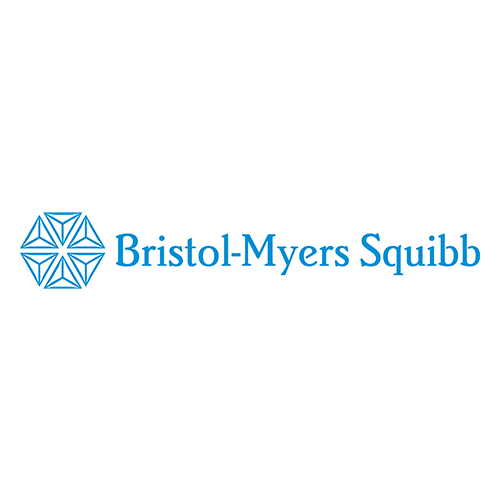U.S. Food and Drug Administration Expands Approval of Yervoy® (ipilimumab) to Include Pediatric Patients 12 Years and Older with Unresectable or Metastatic Melanoma

The U.S. Food and Drug Administration (FDA) has expanded the indication for Brisol-Myers Squibb’s Yervoy ® (ipilimumab) injection for intravenous use to now include the treatment of unresectable or metastatic melanoma in pediatric patients 12 years of age and older. Yervoy was evaluated in two trials of pediatric patients: a dose-finding study in 33 patients aged two to 21 years with relapsed or refractory solid tumors and an open-label, single-arm trial in 12 adolescents (ages ranging from 12 to 16 years) with previously treated or untreated, unresectable Stage 3 or 4 malignant melanoma. The overall safety profile of Yervoy in children and adolescents was consistent with the safety profile in adults, and similarities in disease between adult and pediatric patients 12 years and older allow for extrapolation of data. Based on a population pharmacokinetic analysis, exposure in adolescents 12 years and older is comparable to that in adults for the approved dose of 3 mg/kg, administered intravenously over 90 minutes every three weeks for a total of four doses.1
Yervoy is associated with a Boxed Warning and can result in severe to fatal immune-mediated adverse reactions. These immune-mediated reactions may involve any organ system; however, the most common severe immune-mediated adverse reactions are enterocolitis, hepatitis, dermatitis (including toxic epidermal necrolysis), neuropathy, and endocrinopathy. Please see below for additional Important Safety Information, including Boxed Warning regarding immune-mediated adverse reactions.
“When my daughter was diagnosed with melanoma, our entire family was devastated,” said Brenda Busby, mother to a 12-year-old patient and pediatric program coordinator, Melanoma Research Foundation. “As someone who has lived with the many challenges of pediatric cancer, I know how important it is for patients and their families who face metastatic melanoma to have access to new therapies.”
“Metastatic melanoma is extremely rare in children and adolescents, which makes it particularly difficult to investigate in clinical trials. Though designing clinical trials in small pediatric populations can be challenging, this group of investigators committed to bringing a new therapy to those in need,” said Lia Gore, MD, University of Colorado School of Medicine and Children’s Hospital of Colorado. “Ipilimumab’s approval represents the culmination of a long effort and gives physicians the ability to expand immuno-oncology – one of the most exciting areas of medicine2 – for the treatment of young adults with metastatic melanoma.”
The U.S. FDA approval for Yervoy in patients 12 years and older with metastatic melanoma marks Bristol-Myers Squibb’s first pediatric indication for an immuno-oncology medicine. The expanded indication builds upon six years of experience with Yervoy, which has been used to treat more than 38,000 adult patients with metastatic melanoma since its first approval.3
“Despite significant advancements in oncology research for adults in recent years, treatment options continue to be limited for pediatric patients with metastatic melanoma,” said Chris Boerner, PhD, president and head of U.S. commercial operations, Bristol-Myers Squibb. “At Bristol-Myers Squibb, we are committed to providing meaningful support to the pediatric oncology community. This latest approval of Yervoy exemplifies our ongoing effort to expand the availability of therapies for younger cancer patients.”
As part of its commitment to children and adolescents with cancer, Bristol-Myers Squibb continues to explore pediatric applications for investigational oncology agents within its broad development program. In addition, Bristol-Myers Squibb supports organizations and initiatives focused on pediatric patients and their families.

